In the super excited professional world, Emotional Intelligence (EI) is the skill that sets the high achievers apart. It’s the weapon very few can master by fostering resilience, effective communication, and robust leadership. But what makes EI such a game-changer?
Let’s dive in with a couple of real-world examples:

Team Dynamics and Collaboration
Consider two project managers, both equally adept at their technical skills. One, however, excels in understanding the emotions and motivations of his team members. This manager’s keen EI allows him to navigate conflicts swiftly, boost team morale during tough times, and create an atmosphere where everyone feels valued. As a result, his team surpasses expectations, delivering not just on time but with enthusiasm and creativity.
Client Relations and Business Growth
Picture two sales professionals closing deals for a similar product. While one is highly knowledgeable about the offering, the other possesses a strong EI. This individual connects on a deeper level with clients, understanding their needs beyond what’s explicitly stated. Through empathetic listening and adaptability, he builds trust effortlessly, leading to long-term partnerships and exponential business growth.
So, how can you get hold of your EI?
- Self-awareness: Start by understanding your own emotions and reactions to various situations. Mindfulness practices can help in recognizing and managing your emotions effectively.
- Empathy: Practice active listening and putting yourself in others’ shoes. Engage in conversations that focus on understanding others’ perspectives without judgment.
- Social Skills: Take charge of your communication skills, both verbal and non-verbal. Pay attention to body language and practice assertiveness while maintaining respect for others’ opinions.
- Conflict Resolution: Learn to manage conflicts constructively. Focus on solutions rather than blame, and seek compromises that benefit all parties involved.
- Continuous Learning: EI is a lifelong journey. Seek feedback from peers or mentors to identify areas of improvement and actively work on them.
In conclusion, emotional intelligence isn’t just a buzzword; it’s a effective tool for personal and professional growth. By nurturing your EI, you not only enhance your own well-being but also become an invaluable asset in any industry, driving success and fostering stronger connections along the way.
